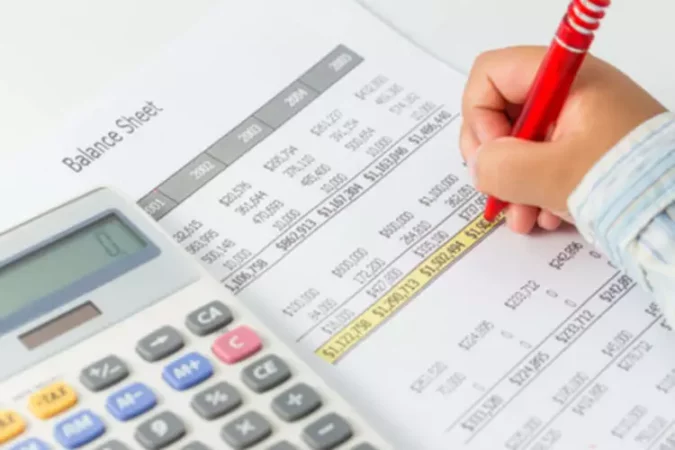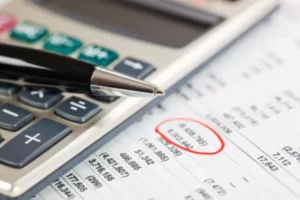What Is Goodwill?
Business acquisition When you are buying a business, you have a purchase price of $80,000. When you look at the company’s reports, you see that its tangible assets (plant, machinery, land, buildings, equipment, stock, and so on) on the Balance sheet are worth only $55,000, and its liabilities add up to $10,000. Thus, there is a gap of $35,000. In accounting, the definition of this gap is goodwill.
So, what exactly is goodwill? It is a premium that you will pay over the purchased company’s equity. Goodwill accounts for all the intangible benefits you are getting along with the business, such as customer base and good customer relationships.
Why Does Goodwill Matter?
Why would you pay a premium over the equity in the business that you are buying? The reason for this is to account for the economic benefits you receive in addition to the tangible assets and resources. Goodwill is everything that you cannot touch or see, but it still has value for the business owners.
Most people will recognize companies such as GM, Apple, Sony, and Toyota. This might be because of their quality products, uniqueness, good services, and a long period of operation. These factors create a good reputation among its customers, suppliers, bankers, and workers. When you try to value this reputation in terms of money, it is called goodwill on the accounting reports.
In other words, goodwill represents the other stuff you are buying when you buy a business because after all when you are buying someone’s business maybe you are also buying the brand name, the market share, the employees, the expertise in addition to the tangible assets.
In addition, every accounting report should show a true and fair view of the company, so you need to report the true worth of the business, including intangible assets. Every now and then, typically annually, to adhere to the accounting rules, the directors have to check that the goodwill amount has not fallen in value. This is better known as an impairment test.
If goodwill has indeed fallen in value, then the company has to write it down to reduce the goodwill amount so it accurately reflects the intangible assets. In real life, many directors use this goodwill as a cushion and carry it through years without doing the impairment test or doing it honestly because they are aware of the fact that many investors simply do not give this figure the attention it should be given.
Long-term investors should pay special attention and be careful of companies that have a lot of goodwill. You should invest in a high equity company because high equity companies have enough assets to cover their debt obligations.
After all, in most cases, goodwill cannot be sold and used in order to pay down debt. Besides, goodwill is something that can be completely gone in just one quarter. If you properly evaluate the goodwill, you will not invest in a company that could go bankrupt. There are regular cases of large companies posting impairment losses, with oil major Shell showing a loss of $18.1 billion in the second quarter of 2020 due to huge impairments as a result of the coronavirus pandemic and the oil price crisis being one of them.
Example Calculation
Let’s look at another example and see how goodwill is calculated. Company A wants to buy Company B for $160M. We have the following information for Company B:
- Assets: $200M
- Liabilities: $60M.
Based on this financial data, we can also calculate its equity.
- Equity: $200M – $60M = $140M
The goodwill is calculated as the difference between the price being paid and the equity within the company being bought. So, when this transaction is going to be completed, $160M – $140M or $20 million of goodwill is created for Company A. Since both the seller (Company B) and the buyer (Company A) of Company B have agreed to this transaction, then they both agree that the value of the brand of Company B is $20 million. For that reason, $20 million of goodwill is created.



















